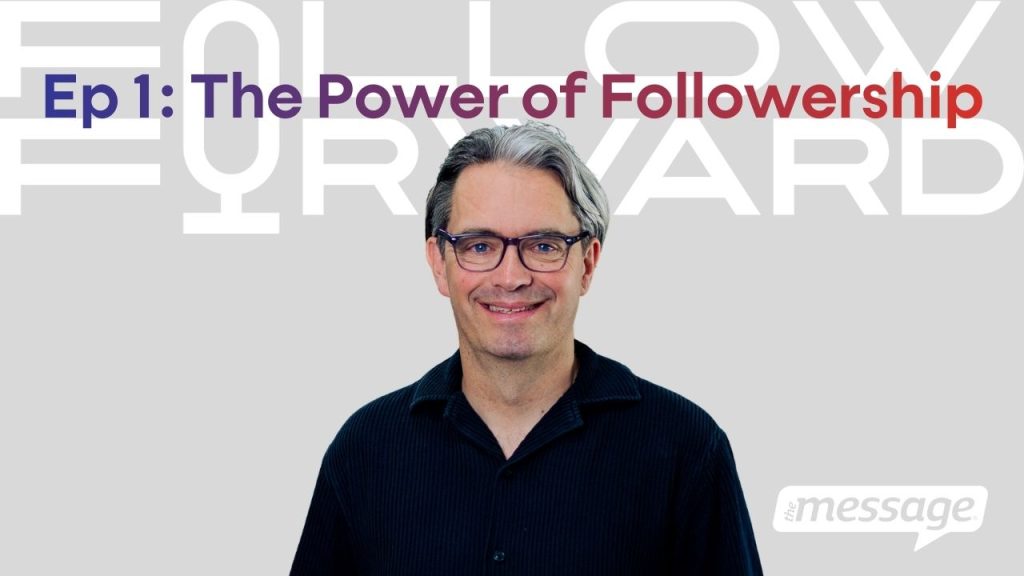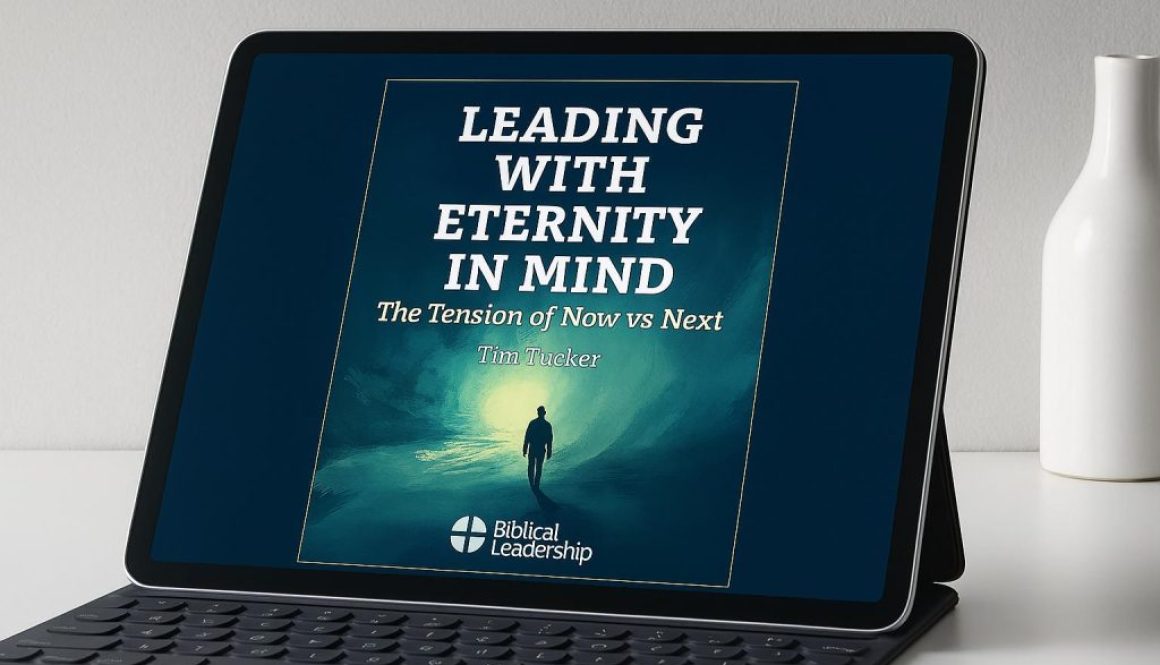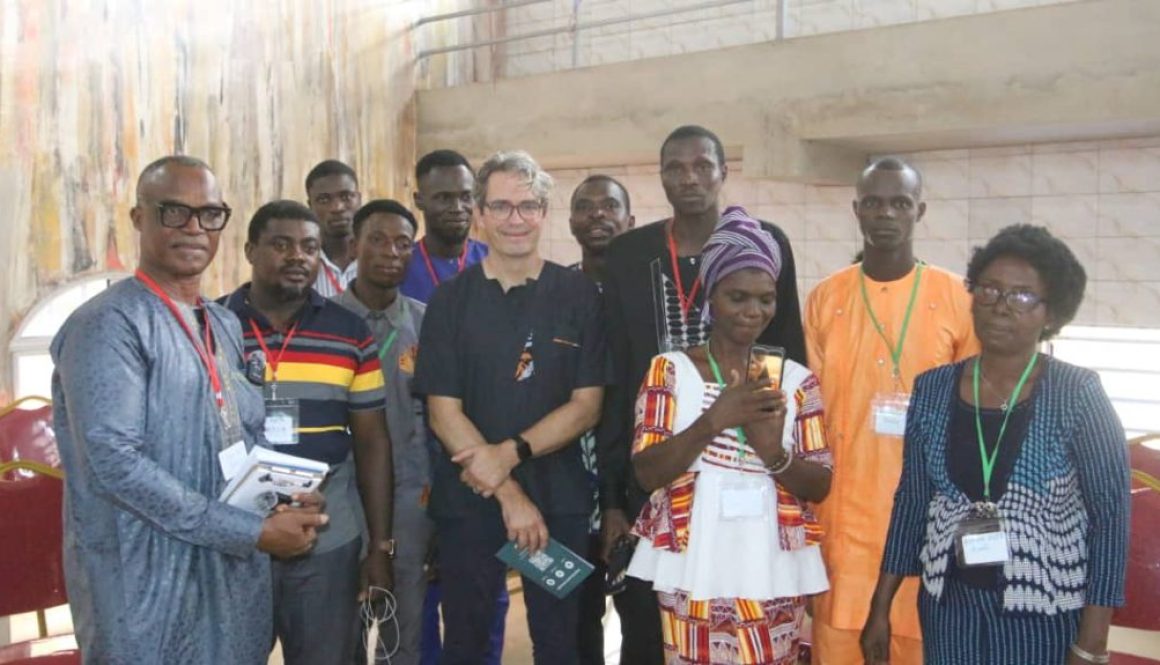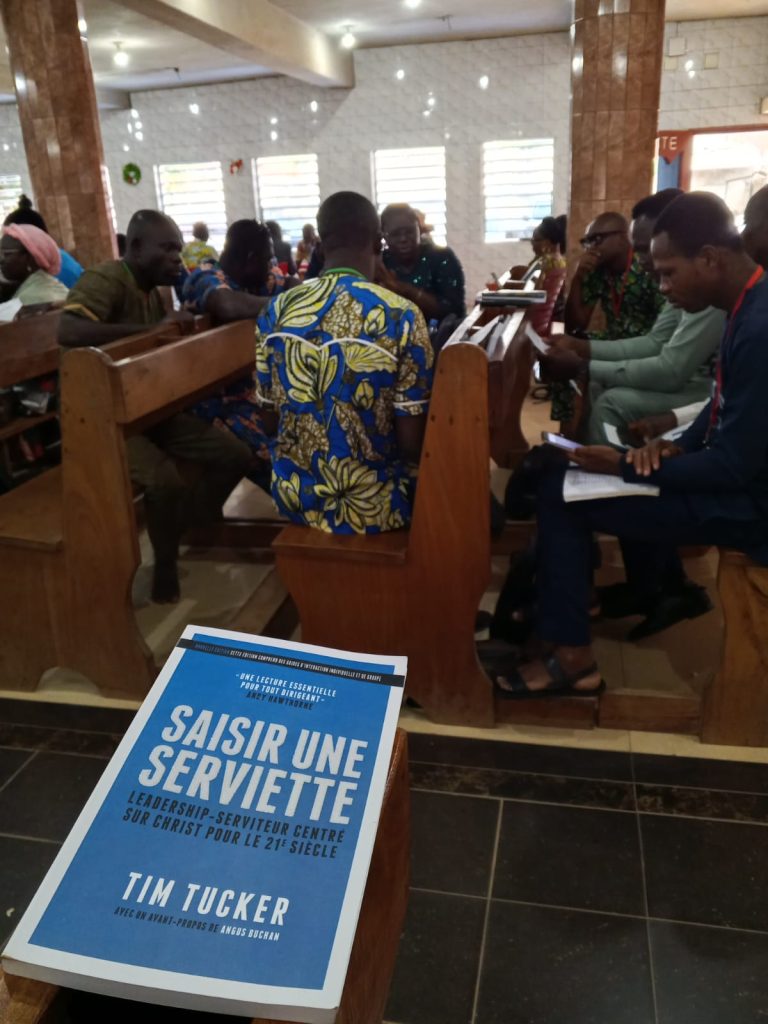Follow Forward in God’s Adventure
Adapted from a conversation with Bec Scales, former director of Life Child, on the Follow Forward Podcast.*
I moved to South Africa in 1998, when I was 23. It was ostensibly going to be a two-year church placement before returning to the UK. Little did I know that it was a massive step in uncovering God’s African adventure for my life… one that is still being revealed almost 30 years later.
Bec Scales similarly made a move to South Africa, a step into the unknown borne out of obedience to God. There’s something remarkable about leaders who keep saying “yes” to God — not because the road is easy, but because they’ve learned to trust His voice more than their comfort.
Bec’s story is full of moments of faith, where she said yes to God despite not knowing the whole picture. Her story is an honest, faith-filled adventure. And it’s the kind of story emerging leaders need to hear right now.
A Heart Formed Early
Bec grew up in a Jesus-loving family in Australia. At just six years old, she remembers saying to her mum: “I want to know God like you do.”
That simple prayer set the trajectory of her life. But it wasn’t until she encountered God in unexpected places — like a Hong Kong church service at age 15 — that her heart for the nations was ignited.
“God opened my eyes and my heart to the world… that was a key turning point for the future in missions.”
The seeds of calling were planted long before she knew where they would lead. As a 15-year-old all she knew was that the next step of obedience was to be baptised as a public declaration that she fully trusted God.
Leadership Formed through Loss
And her faith in God was tested to the core when, as a young adult, her mum unexpectedly died.
After losing her mum, she faced the hardest theological question of all: Is God still good when He doesn’t do what we hoped?
Her youth pastor challenged her: “Surely your view of God doesn’t change based on whether He healed your mum or not?”
Bec responded with a lifelong commitment:
“I’m never going to shake my fist at God because I don’t understand.”
That conviction sustained her through years of ministry among children facing trauma, poverty, and heartbreak.
A Courageous Yes to Cape Town
Fast forward a few years. While backpacking through East Africa, Bec prayed a bold prayer:
“God, I’ll go anywhere in the world — as long as I know You’ve sent me and You’re going with me.”
That prayer led her to a providential meeting with Pastor Anthony Liebenberg, who invited her to Cape Town. She didn’t know the city, the church, or the people — but she recognised the voice of God and said “yes” to the next adventure.
And true to her word, she packed up her life in eight weeks and landed in Cape Town as Life Church’s new Youth Pastor — a job she didn’t apply for in a city she had never seen.
But obedience doesn’t bypass testing. Those early months were difficult as she adjusted to a different culture and navigated various challenges. Yet God kept whispering one phrase: “Stay at your post.”
Bec’s durability was forged in those first hard weeks.
Where Beauty and Brokenness Meet
I often say that I have a love-hate relationship. I love the beauty, diversity and uniqueness of this incredible city. And yet, I hate the contrast between rich and poor, which is sewn into the very fabric of this most unequal city.
As Cape Town became home to Bec, she experienced the same tension. Cape Town is breathtaking and heartbreaking at the same time. Serving in Sea Point exposed her to the complexities of urban youth ministry. But it was stepping into Life Child that deeply shaped her calling.
“Kids are kids no matter where they are… they still deserve love, security, protection.”
Through the work in the Cape Town townships of Samora Machel and Kosovo, she discovered both the depths of vulnerability and the incredible resilience of families living there.
“There were incredible people shining their lights… they just needed strengthening and equipping.”
Bec was becoming a Christ-centred advocate for the voiceless, a conviction that she carries deeply in her being.
A Life-Changing Yes: Becoming a Mum
One of the most beautiful parts of Bec’s story is her journey into motherhood. In 2011, God placed twin baby girls — Buhle and Okuhle — in her arms. Again, it started with a question from God: “Will you say yes?”
She said yes before she understood the cost, the complications, or the miracles that would be required.
“I’ll be their mum if You’ll be their Father. A Father protects and provides.”
And God did protect and provide, through years of paperwork, visa challenges, and faith-testing waiting. Her daughters are now 15 and thriving.
After 15 years in Cape Town, God began nudging Bec toward another unknown step: returning to Australia so her daughters could gain citizenship. It was a new season, but it required the same commitment to obedience.
“If God wants us to do this, He has to make it all happen. And He did — miracle after miracle after miracle.”
In January 2024, they moved to Brisbane to start a new chapter — still following forward.
Advice for Emerging Leaders
I asked Bec what she’d say to young leaders who sense God calling them into the unknown. She didn’t hesitate:
“Just do it. I’m not going to sugarcoat it…. First hear God. If you can say, ‘The Lord said to me,’ then you can step out in confidence.”
She went on to say,
“I’m so grateful I didn’t hold back out of fear… My life would have been so different if I hadn’t said yes to His open doors.”
Her story is a reminder that following Jesus isn’t safe — but it is beautiful. And the adventure only begins when we take the courageous step forward.
Where might God be inviting you to say a courageous “yes” — even if it leads into the unknown?
What step of obedience have you been delaying because of fear, and how might trusting God reshape your response?
So wherever God is nudging you — a city you’ve never seen, a ministry you didn’t plan, a responsibility you don’t feel ready for — may you have the courage to say “yes”. God’s adventure always begins with obedience.
To find out more about the Follow Forward podcast, click here.
To listen to Daniel’s interview, choose your preferred platform: YouTube, Apple, or Spotify.


















